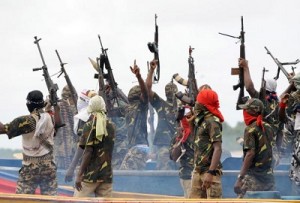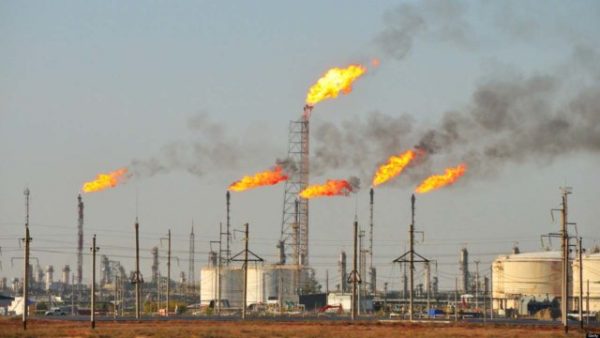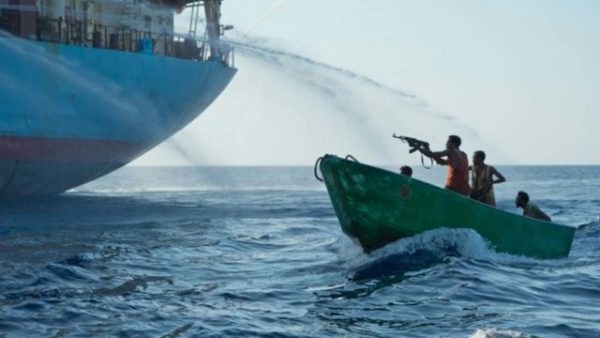Niger Delta Crisis: Multifaceted Managerial Approach

Our state is in crisis. Our people are hurting. Now is the time when we all must resist the traditional, selfish call to protect your own turf at the cost of our state. It is time to leave the corner, join the sacrifice, come to the center of the room and be part of the solution. – Chris Christie
The Niger Delta crisis in Nigeria has become a subject of discourse which has taken centre-stage at the international level as the nation’s revenue from oil continues to drop. A lot of conferences, symposia and workshops have been held in order to resolve the crisis with little or no success.
Rather, the problem seems to have taken a frightening twist under the President Buhari administration as the aggrieved militants who embraced the amnesty provided by the Late President Musa Yar’adua have returned with more sophisticated ammunitions and strategies to pipeline vandalization, piracy, bombing and other evil vices.
Recently, the major oil companies operating in Bayelsa state, such as Shell, Chevron, etc relocated over 700 staff from the region following threats by militants to attack their workers.
The menace has also seen Shell Petroleum Development Company of Nigeria shut the Trans Niger Pipeline, one of the two major pipelines transporting the nation’s reference crude oil grade, Bonny Light, for export. TNP transports around 180,000 barrels of crude oil per day to the Bonny Export Terminal and is part of the gas liquids evacuation infrastructure, critical for continued domestic power generation at the Afam VI power plant, and liquefied gas exports.
However, these giant oil companies have also been partly responsible for the conflict in the oil producing region. According to an aggrieved militant, “these oil companies represent the worst form of evil and the Nigerian government encourages them to behave irresponsibly.
“This is as a result of the unholy alliance between the State and these exploitative oil corporations, in which no one benefits from the enormous money that comes from the latter and so does not put it to task on its irresponsive and irresponsible activities like gas flaring, oil spillage, and general environmental destruction” the militant said.
There is no doubt that the process of extracting crude poses immense health hazards and environmental degradation. This coupled with the level of poverty and unemployment and physical underdevelopment of the region, has manifested in frustrated aggressive tendencies of the Niger Delta citizens.
These organizations have not been involved actively in corporate social responsibility (CSR), which is one of the principles of United Nations Global Compact required of companies and the federal government has been too inclined with the revenue that comes from the crude to realize how much the indigenes are suffering.
There have been few projects setup by these oil majors via scholarships, construction and maintenance of water projects, roads, health centres and school buildings, and the funding of vocational training, but more needs to be done. This is what the people of the area are demanding for and it is the reason they have taken up arms.
The Niger Delta region accounts for over 90% of Nigeria’s proven gas and oil reserves. Little wonder those who hail from that region have likened the actions of the federal government to the proverb of “killing the goose that laid the golden eggs’.
To resolve this problem, the government must be keen on developing these regions and ensuring improved standard of living for the inhabitants. Skill acquisition centres, youth empowerment programmes should be utilized to ensure that there is sufficient employment for the region.
The government should also beef up the security around such sensitive oil installations to ensure that unauthorized persons do not have access to the oil pipelines as well as educate the inhabitants that bombing these facilities was causing the nation to lose colossal sums which would have been used in developing their region.
The region should also be funded adequately especially to cover for the massive environmental degradation and depletion of the region’s major source of livelihood ‘its rivers’ which is fishing.
Proper analysis of the needs of the Niger Delta people should be done since the oil exploration has led to increase in the level of poverty and unemployment in the region, prompting the most vicious and pernicious kind of violence in a region.
By Okuneye Moyosola







